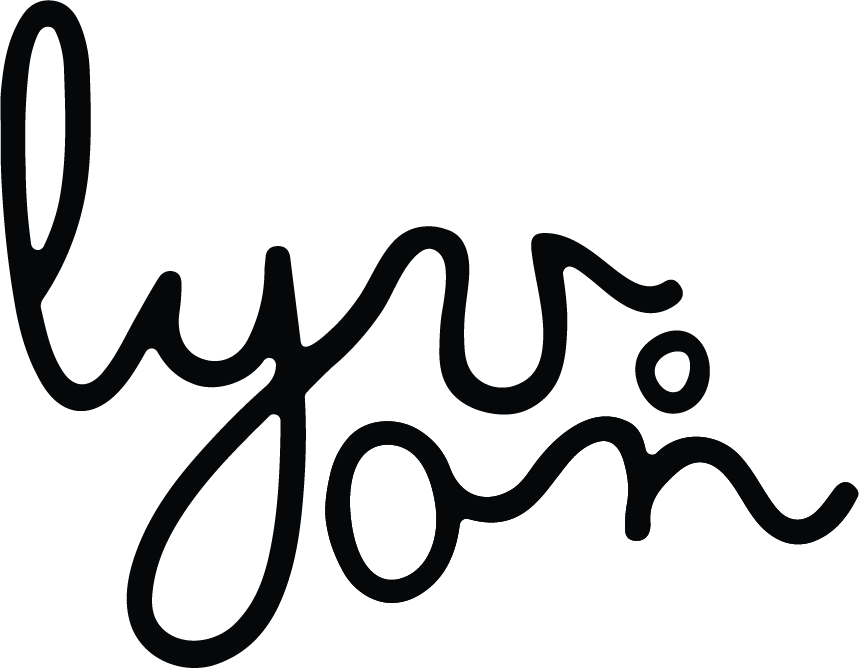The Scene Every Working Mom Recognizes (And Why 477,000 Women Have Had Enough)
I took a few days off recently. Not for a vacation. Not for anything glamorous. Just to breathe.
And in those quiet moments, I did what any self-respecting working mom would do—I binge-watched an entire show in one sitting. No guilt, no apologies. It was All Her Fault on Peacock, and honestly? It felt like research.
The show is a thriller about a child kidnapping, but that's not what kept me glued to the screen. It was the other story—the one about two working mothers, their marriages, and the invisible weight they carry every single day.
There's a scene where a wife asks her husband to take their son to a doctor's appointment.
His response: "I can't, I have work."
Her reality: "I've already missed a lot of work."
I felt that in my bones. Maybe you did too.
The Numbers Don't Lie (But If You're a Woman, You're Already Living Them)
While I was watching the show, I came across an article titled "Another 'she-cession' is rearing its head: Women are leaving the workforce at alarming rates."
Here's what stopped me cold:
477,000 women left the workforce between January and August 2025 alone.
That's not a typo. Nearly half a million women walked away from their careers in just eight months.
And before you think, "Well, they probably just wanted to stay home"—let me stop you there.
45-48% of women who left their jobs cited one reason: work-life balance.
Here's the kicker: 48% of women still describe themselves as ambitious. We want to work. We want to lead. We want to build careers we're proud of.
But the mental health toll? The burnout? The guilt? Eventually, it becomes too much.
The Mental Load Is Breaking Us
Let me paint you a picture from All Her Fault that probably sounds familiar:
After the child goes missing, a detective starts asking questions. What was your son wearing? What's his teacher's name? Who are his friends?
Every. Single. Question. Gets directed to the mom.
The husband? He couldn't answer a single one.
That's the mental load in action. And it's not just about remembering details—it's about being the default parent for everything. Doctor appointments. Permission slips. Who needs new shoes. What's for dinner. When the next school event is. Who's picking up the kids.
A 2011 study showed that women spend 31 hours a week on household responsibilities. Men? 11 hours.
That's not a partnership—that's a part-time job on top of your full-time job.
And here's what really gets me: 74% of working mothers say they carry the mental load for parenting, compared to 48% of working dads.
We're not just working. We're project managing entire households, coordinating schedules, remembering everything, and somehow still expected to "lean in" at work.
No wonder we're exhausted.
The Show Got It Right
All Her Fault captured something I rarely see on screen: the quiet resentment that builds when you're the one who always has to adjust. Always has to leave work early. Always has to figure it out.
There are multiple scenes where these two working moms confront their husbands about the workload. About needing support. About feeling alone in their own marriages.
And you know what happens? They're left figuring it out themselves. Again.
These aren't "bad" husbands. They love their wives. They love their kids. But they don't carry the weight the same way. They don't see it. They don't feel it. They get to say, "I have work," without the guilt that keeps us up at night.
This show brought those statistics to life—two ambitious working moms trying to thrive while drowning in invisible labor.
I'm Not Surprised. Are You?
Here's the truth: These numbers aren't alarming to me.
If you're a woman—especially a working mother—you're not reading statistics. You're living them.
I know I am.
But here's what's different for me now: I'm no longer barely surviving. I'm not perfect, and some days are still hard as hell. But I've built systems that work. I've learned to protect my peace. I've stopped apologizing for prioritizing myself.
And I refuse to wait for the workforce to catch up, for childcare to become affordable, or for society to suddenly value women's work equally.
I'm not waiting. And neither should you.
So What Do We Do About It?
I could throw more statistics at you, but you're already living this reality. What you need isn't more data—it's tools.
You need guilt-free systems that help you thrive at work and home without sacrificing what matters most: your health. Your peace. Your sanity.
That's where I come in.
I've spent the last seven years building and refining a system that works. Not just for me—for the women I've shared it with. Because here's what I know for sure:
One size doesn't fit all. But the framework? That works for everyone.
It Starts With Three Things:
1. Know Your WHY
My motto is simple: "Prioritizing self-care is not selfish. It is essential for overall wellbeing."
But your WHY is personal. Why do YOU want to thrive? Why does self-care matter to YOU? Why are you willing to fight for balance?
Write it down. Put it on your phone as a screensaver. Tattoo it on your forehead if you have to. (Kidding. Sort of.)
Your WHY is your North Star when everything feels impossible.
2. Do a Body Scan
I'm talking about a real assessment of your mind, body, and soul. Where are you thriving? Where are you struggling?
Is it physical self-care? Mental? Social? Spiritual?
All four matter. You can't thrive if you're only tending to one corner of your life.
3. Name Your Barriers
What's actually standing in your way? Time? Money? Guilt? Lack of support? Perfectionism? Fear of judgment?
Write them down. Get specific. Because you can't overcome what you won't name.
Once you've done these three things, then we build systems. Custom systems. Sustainable systems. Systems that fit YOUR life—not mine, not your neighbor's, not some influencer's highlight reel.
Here's Your First Step
I've created a free assessment tool and barriers worksheet to help you get started.
[Click here to download it]
Don't try to solve everything today. That's not sustainable. You'll feel good in the moment and then burn out all over again in two weeks.
Instead, take this first step. Get clear. Get honest.
Then reach out.
Let's Talk
I'm offering FREE 1-hour calls to walk you through your assessment, talk about your barriers, and help you start building a sustainable system so you can thrive—not just survive.
Stop putting yourself on the backburner. The time isn't tomorrow. It's not next month. It's yesterday.
[Schedule your free call with me here]
One More Thing
Part of thriving? Having a tribe. Women supporting women. So before you close this tab, I'm asking you to share this post with someone who needs it.
A friend. A coworker. A sister. That mom at school pickup who always looks exhausted.
Send it. Forward it. Post it. Let's stop suffering in silence.
And follow me on Instagram and LinkedIn (@lyvonlife_coach) for quick tips, real talk, and reminders that you're not alone in this.
I'll be sharing more tools in upcoming posts. Until then, take care of yourself. For real this time.
Live You. Love You.
Maria
Connect with me: lyv-on.com/connect
Schedule your free call: Book here
Follow me: @lyvonlife_coach on Instagram, TikTok, and LinkedIn
P.S. Have you started All Her Fault? If so, DM me your thoughts. I need to know if that doctor appointment scene hit you the same way it hit me.


